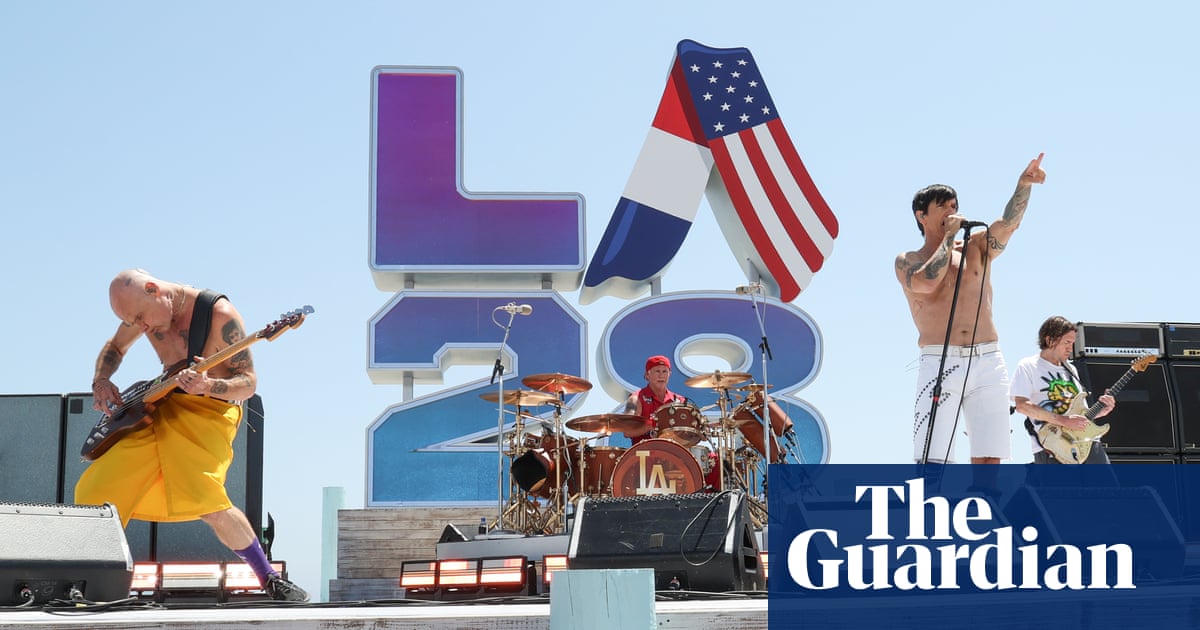The United States Olympic and Paralympic Committee (USOPC) has said it will not set any policy on transgender athlete eligibility ahead of the 2028 Los Angeles Games, despite growing political pressure from the Trump administration and increasing scrutiny over access and inclusion in women’s sport.
Speaking Thursday after the committee’s first board meeting of 2025, chief executive Sarah Hirshland said the USOPC had no plans to define eligibility criteria, even as US president Donald Trump’s Executive Order 14201 – titled Keeping Men Out of Women’s Sports – threatens to upend international participation protocols.
“It wouldn’t be appropriate,” Hirshland said. “It’s not our role to take on that position.”
Responsibility for athlete eligibility, she said, falls to international federations in global events and national governing bodies (NGBs) in domestic competitions. That distinction, long upheld by the USOPC, has now become a political tightrope. LA28’s host contract requires the United States to guarantee access for all qualified athletes – an obligation that could clash with the new federal order, which bars transgender women from competing in women’s categories if they went through male puberty.
Board chair Gene Sykes said the committee had received “significant reassurances” from the White House and State Department that visa access for Olympic athletes and entourages would be protected, though he confirmed transgender-specific concerns were not raised during recent meetings with the administration.
“One of the key topics on our agenda was the feedback we received from the State Department regarding the president’s executive order,” Sykes said. “As a board, we reaffirmed our commitment to protecting opportunities for athletes to participate in sport … [and] to ensuring women have a fair and safe competitive environment.”
The transgender eligibility question was underscored by recent controversy in USA Fencing, where an athlete forfeited rather than compete against a transgender woman at a domestic tournament. Asked if the USOPC would intervene, Hirshland again deferred. “We do not have, nor will we have, an eligibility policy,” she said.
Still, the USOPC has been lobbying on other fronts. While in Washington, Sykes and Hirshland pressed lawmakers for support of Olympic sports on college campuses, amid fears that changes to NCAA governance could reduce opportunities in non-revenue sports.
Despite the political turbulence, the committee presented an optimistic outlook on LA28 preparations. The organizing committee has secured more than $1bn in commercial deals, Sykes said, crossing the halfway point of its domestic sponsorship target. More announcements are expected in the coming months.
Venue planning has also firmed up. Sykes confirmed Tuesday’s local organizing committee announcement that Dodger Stadium will host Olympic baseball, while Trestles Beach in San Clemente will serve as the venue for surfing. Both sites offer iconic backdrops rooted in southern California’s sporting culture and are designed to keep costs low by leveraging existing infrastructure.
“There is great excitement and focus on the LA28 Games,” Sykes said. “From the very top of the administration, they want this to be an incredibly successful experience.”
Hirshland also confirmed the official certification of USA Football as the sport’s new national governing body, positioning the United States to field teams in flag football, which will make its Olympic debut in 2028. “We’re pretty excited,” she said. “We’d like to field an awfully strong team.”
Meanwhile, the battle to determine an NGB for surfing continues. At least two organizations – USA Surfing and US Ski & Snowboard – have applied. Hirshland acknowledged concerns over potential conflicts of interest, but said the process is still underway and not without precedent.
One notable omission from the committee’s Washington discussions: the ongoing standoff between the United States and the World Anti-Doping Agency (Wada), which escalated following revelations of the agency’s handling of Chinese swimmer doping cases.
Although several members of Congress have raised concerns over Wada’s governance, Sykes said the issue did not come up in meetings with the State Department or Trump officials.
“We’re intensely involved in discussions,” he said, “and hopeful we can find a good resolution.”
With just over three years until LA hosts the Summer Games for a third time, the USOPC now finds itself caught between competing pressures: the demands of international sport, the political agenda of its host government and a rapidly shifting public conversation around fairness, inclusion, and access. The groundwork for 2028 is underway, but the rules of the game may still be in flux.
